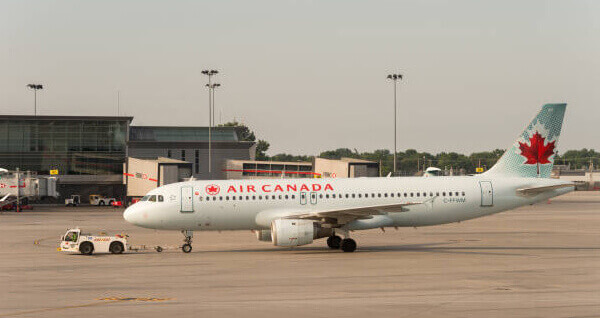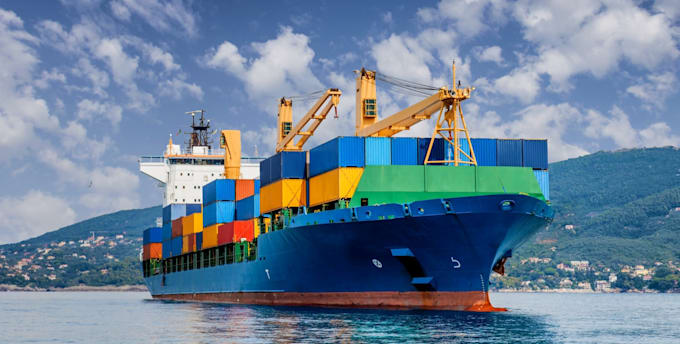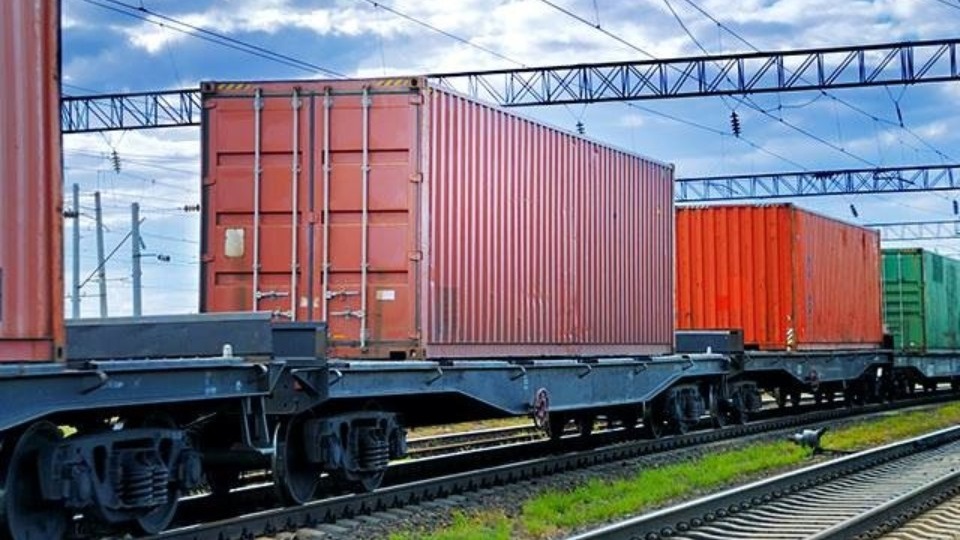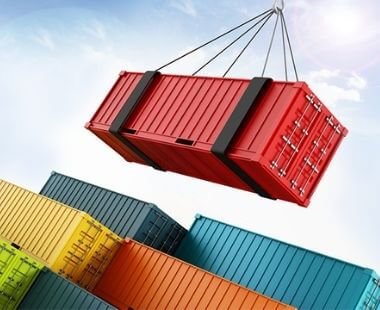Table of Contents
Moving goods internationally can be complex, especially between China and Italy. A reliable logistics service China to Italy ensures efficient customs clearance, cost-effective transport, and timely delivery for both small packages and bulk shipments.
What Makes Logistics Service China to Italy Important?
Efficient logistics connects China’s powerful manufacturing base with Italy’s demanding consumer and industrial markets. It guarantees stable trade flows, supports e-commerce operations, and prevents costly shipping delays. Moreover, professional freight solutions help businesses manage customs regulations and documentation effectively.
Which Shipping Methods Are Available from China to Italy?
Companies can choose from air, sea, rail, or express delivery based on their priorities.
| Shipping Method | Transit Time | Typical Cost (USD/kg) | Advantages | Best For |
|---|---|---|---|---|
| Air Freight | 7–10 days | 4–8 | Fast and secure | Urgent or high-value goods |
| Sea Freight | 25–35 days | 0.5–1.5 | Low cost per unit | Large or heavy cargo |
| Rail Freight | 18–22 days | 1.5–2.5 | Balanced speed and cost | Industrial equipment |
| Express | 5–7 days | 6–10 | Door-to-door, fastest | Samples or small packages |
Such flexibility enables businesses to tailor logistics service China to Italy based on shipment type and delivery deadlines.
How Much Does It Cost to Ship from China to Italy?
Freight rates vary depending on volume, weight, and chosen method.
| Container Type | Capacity | Average Cost (USD) | Transit Time |
|---|---|---|---|
| 20ft FCL | 28 CBM | 2,000–3,200 | 25–30 days |
| 40ft FCL | 58 CBM | 3,600–5,000 | 25–35 days |
| LCL | Shared | 50–120/m³ | 28–35 days |
| Air Cargo | per kg | 5–8 | 7–10 days |
Additionally, including customs duties, insurance, and delivery fees gives a clearer view of total shipping expenses.
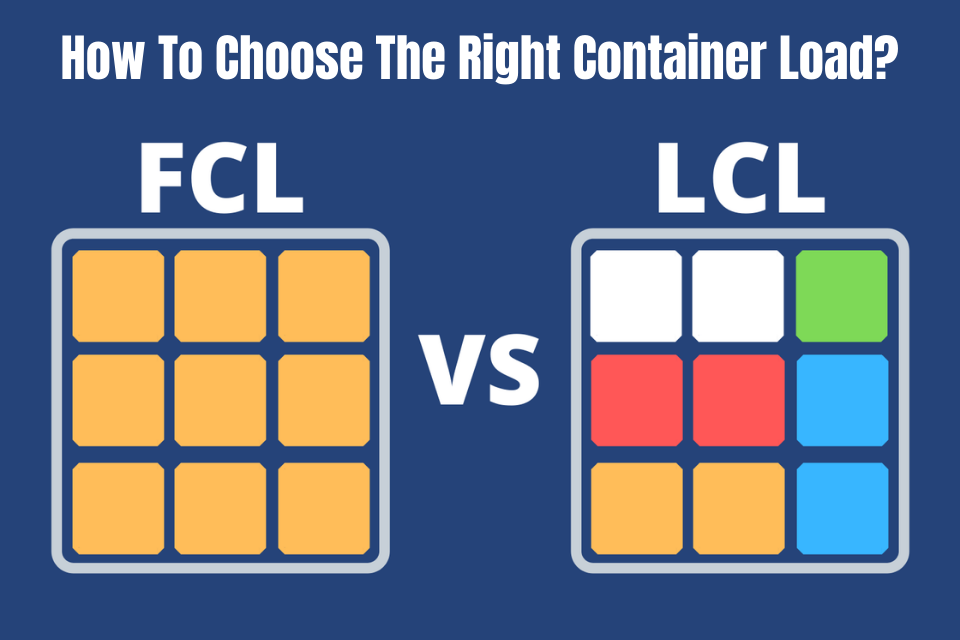
What Documents Are Required for Customs Clearance?
Proper documentation ensures smooth customs processing.
Here’s what exporters need to prepare:
- Commercial invoice with correct HS codes
- Packing list detailing item quantity and weight
- Bill of lading or airway bill for transport confirmation
- Certificate of origin if applicable
- Import licenses for restricted goods
These documents, when accurate, prevent clearance delays and unexpected penalties.
Real Case Studies of Logistics Service China to Italy
Case 1 – Electronics shipment (Shenzhen → Milan):
- Cargo: 10 tons of smart home devices
- Mode: Air freight
- Transit Time: 8 days
- Cost: USD 7,200
- Outcome: Delivered before product launch, boosting client’s retail success.
Case 2 – Furniture shipment (Ningbo → Genoa):
- Cargo: 1 × 40ft container of home furniture
- Mode: Sea freight
- Transit Time: 32 days
- Cost: USD 4,600
- Outcome: Smooth customs clearance under ATA Carnet, saving import tax.
What Are the Advantages and Disadvantages of Each Transport Mode?
| Mode | Advantages | Disadvantages |
|---|---|---|
| Air Freight | Fastest, reliable tracking | High cost, limited weight |
| Sea Freight | Economical, high capacity | Long transit time |
| Rail Freight | Balanced option | Route limitations |
| Express | Door-to-door, minimal handling | Very expensive |
Selecting the correct mode ensures stable logistics operations and cost control.
How to Choose a Reliable Logistics Partner from China to Italy?
Businesses should verify service credentials, review past performance, and confirm network coverage in both countries. Furthermore, reliable agents provide transparent tracking systems, real-time updates, and full documentation support throughout the logistics process.
What Factors Affect Transit Time and Delivery Efficiency?
Seasonal demand, port congestion, and customs inspections often influence schedules. Likewise, incomplete paperwork or unverified product details can delay clearance. Therefore, well-prepared logistics management reduces such risks significantly.
Conclusion
To summarize, using a professional logistics service China to Italy ensures faster transit, transparent pricing, and hassle-free customs clearance. Reliable freight forwarding partners help businesses optimize cost, maintain supply chain stability, and achieve successful international operations.
- Consult TJ China Freight Forwarding for the lowest quote. They will provide you with reliable, cost-effective service.
FAQ:
Q1.What is the average delivery time for logistics service China to Italy?
Transit usually takes 25–35 days by sea or 7–10 days by air, depending on route, customs clearance, and carrier schedules.
Q2.How can I reduce freight cost when shipping from China to Italy?
Choosing sea freight, consolidating shipments, and booking early can significantly lower freight cost and improve shipping efficiency.
Q3.Are there customs clearance delays for logistics service China to Italy?
Delays can occur if paperwork is incomplete, so providing accurate invoices and product codes ensures smooth customs clearance and faster delivery.
Q4.Which transport mode is most reliable from China to Italy?
Air freight offers reliability and speed, while sea freight remains more economical for large cargo and long-term logistics planning.
Q5.What documents are required for logistics service China to Italy?
Shippers must prepare a bill of lading, commercial invoice, packing list, and certificates for customs clearance and import compliance.


